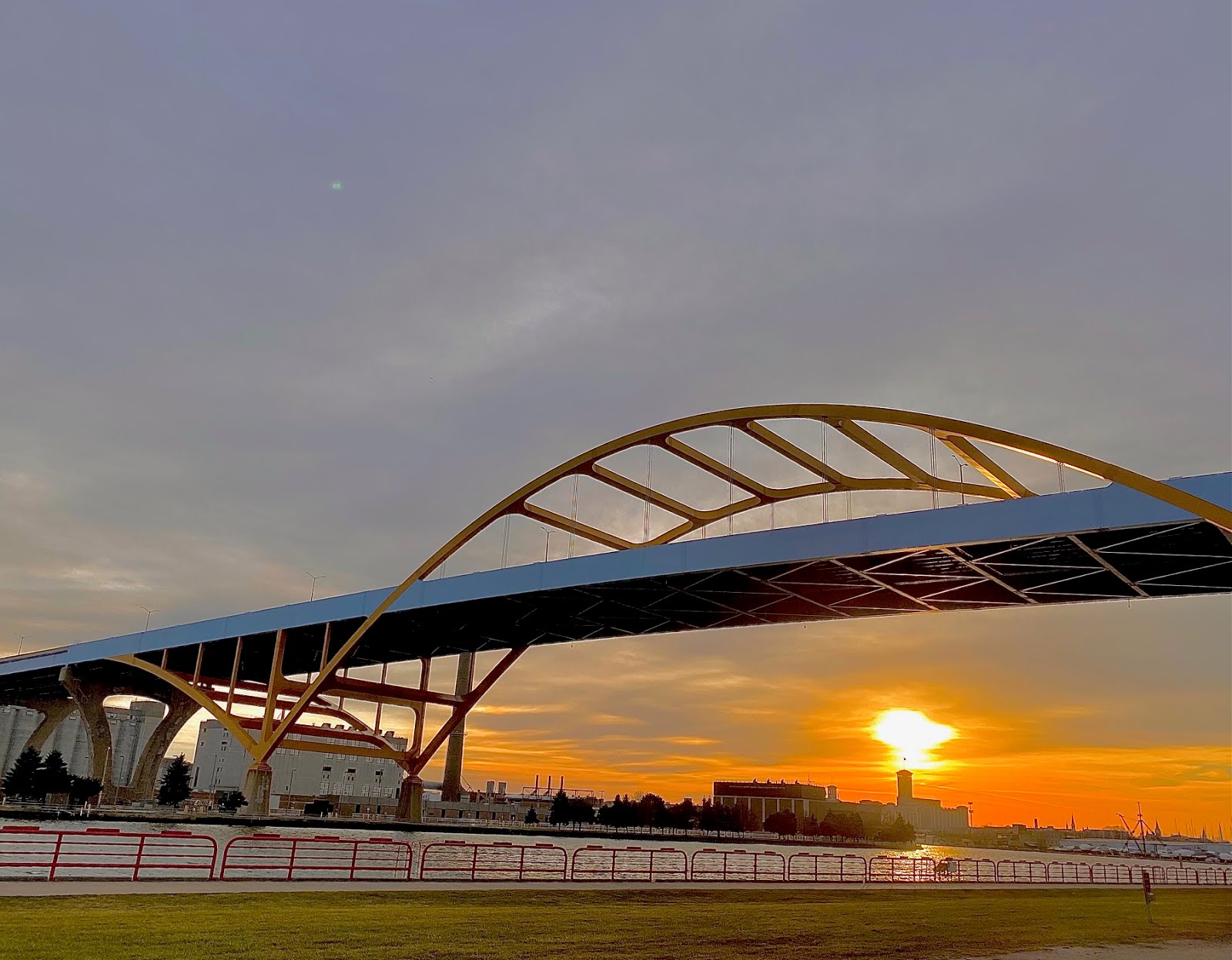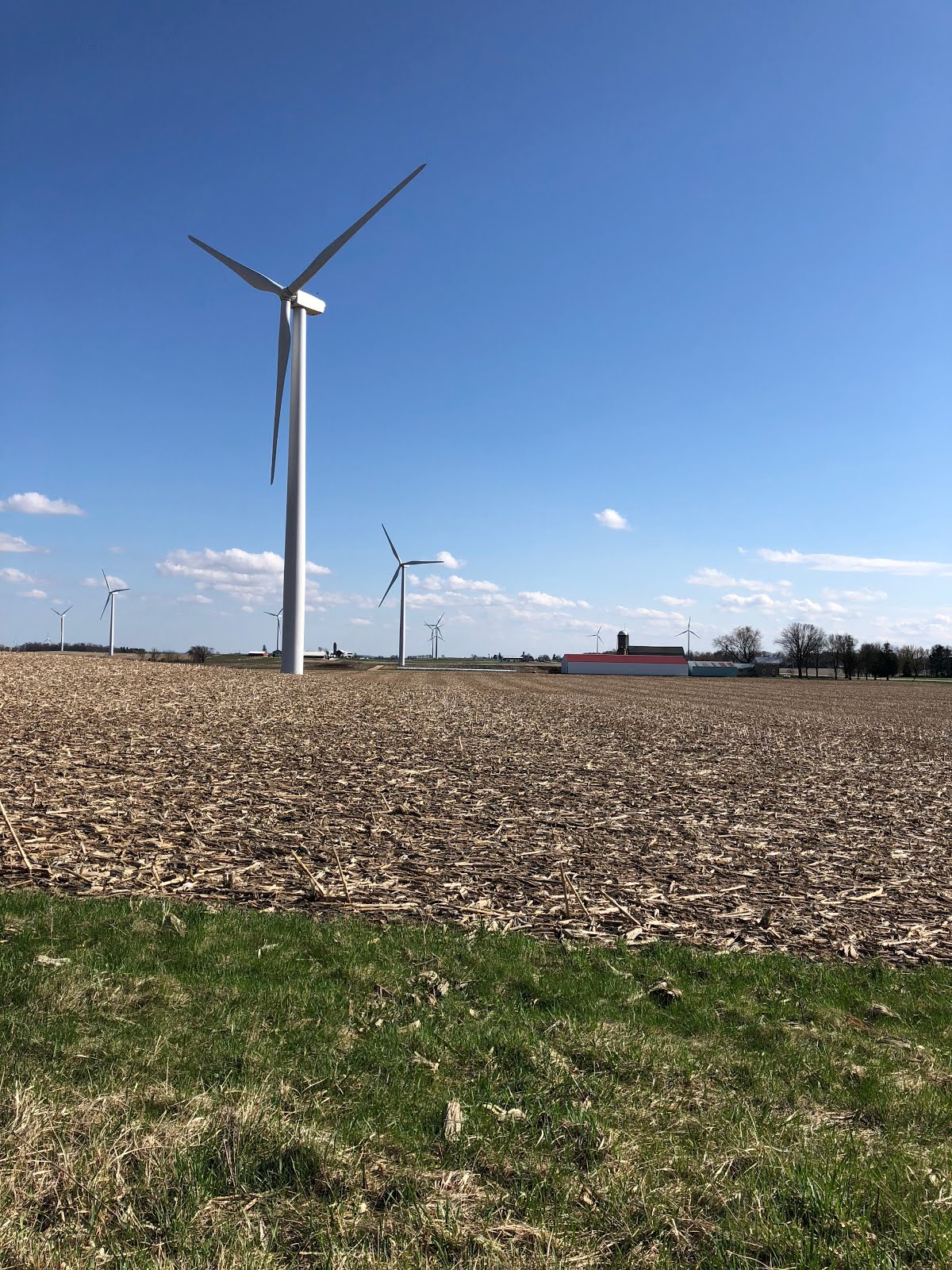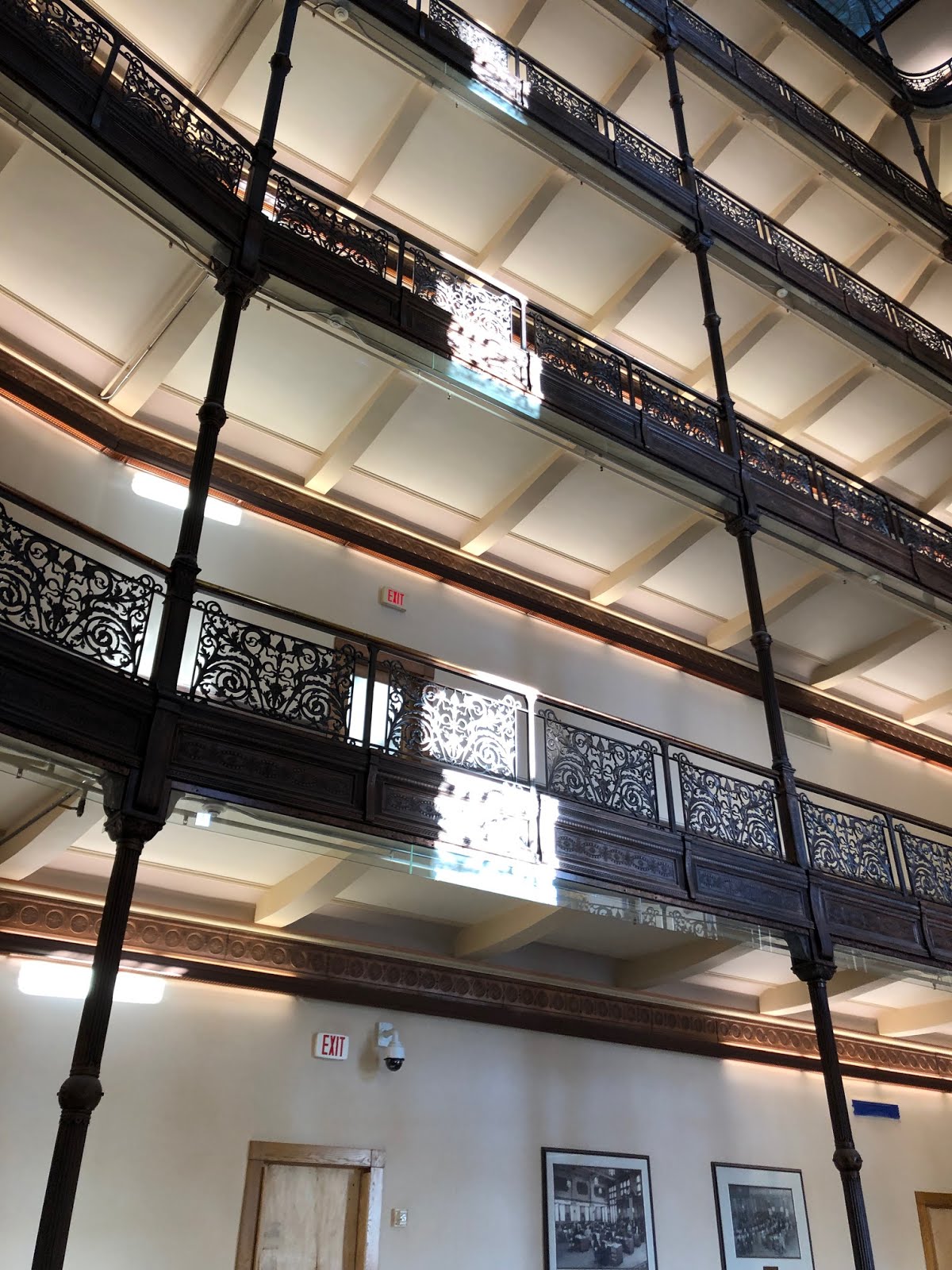Road Repairs Falling To Oil Prices - - But Wisconsin To Build More New Lanes
Spiking petroleum costs are running up the price of asphalt and vehicle fuels - - something I have written about earlier - - so there will be fewer patches and re-surfacings on roads this summer nationally, reports USA Today.
Yet our state transportation department is forging ahead with the addition of 70 miles of new I-94 lanes between Milwaukee and Illinois, part of an eight-year, $1.9 billion project.
That is part of a 25-year, $6.5 billion regional rebuilding that will add 120 miles of new lanes in seven counties.
When these plans were written, the projected price of gasoline for 2008 was $2.51 per gallon, with a 3% increase predicted annually.
Today the cost of diesel fuel to run all the trucks and machinery to deliver materials and construct, repair or 'improve' the pavement and right-of-way is about $4.25-a-gallon.
All this is another reason for the state to scrap the plan, repair the existing roadway and install commuter rail and other transit links so that motorists have a choice of transportation modes in southeastern Wisconsin.









1 comment:
Is there really anything we can do to stop this mindless madness?
One thing that occurs to me as a possible alternative to widening I-94 would be to have a reversible flow lane, because, unless I am mistaken, there is significantly more traffic going in one direction, depending on the time of day.
With the current very real concerns about the environment our politicians need to look beyond today's jobs gravy train and get real about a sensible approach for a sustainable future.
Another possibility that should not be too hard to try, would be to encourage a voluntary staggering of work start times. Especially for the many manufacturing businesses that do not need to coordinate their schedules with enterprises in other parts of the country, this might reduce congestion and thus lead to faster travel times and lower fuel costs.
Compared to other cities, one advantage Milwaukee has is that it is still a relatively manageable, congenial place. We need to take advantage of this advantage. We need to get creative, not simply keep pouring more concrete!
Post a Comment